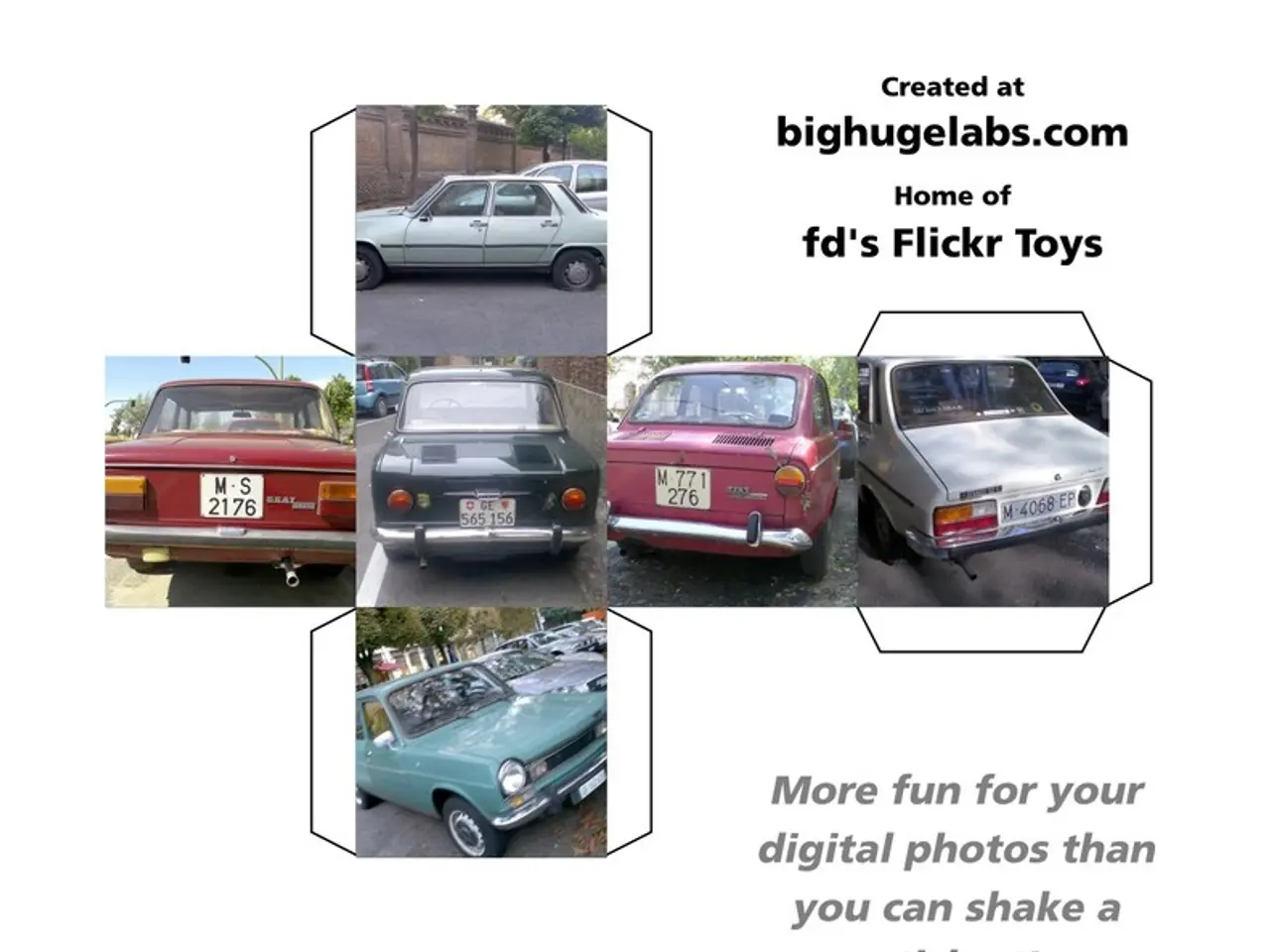Porsche Delays Electrification, Leading to Volkswagen's Profit Alert
Porsche, a renowned luxury car brand under the Volkswagen Group, has announced a delay in the introduction of some fully electric cars and an extension of the life of some combustion engine and hybrid models. This shift in strategy is in response to the significant slower growth of the demand for exclusive battery-electric vehicles.
The changes at Porsche are part of a broader strategy by the Volkswagen Group to navigate current challenges. The group has also announced job cuts, with Porsche announcing 1,900 job losses in February and the wider VW group aiming to reduce costs by cutting 35,000 jobs by 2030 at its namesake VW brand in Germany.
One of the key factors impacting Porsche's current struggles is the declining demand for its luxury models, particularly in the key Chinese market. Volkswagen, Europe's largest carmaker, is also facing difficulties, including a challenging EV transition, fierce competition in China, and US President Donald Trump's tariff onslaught.
Porsche has adjusted its EV plans by continuing to offer more combustion engine and plug-in hybrid models like the Panamera and Cayenne until well into the 2030s. This strategy shift reflects a response to market demand and regulatory uncertainties, impacting the overall company's product mix and delaying full electrification.
The wider VW group has also abandoned plans to mass-produce its own electric car batteries, another factor contributing to its current challenges. This decision is expected to negatively impact the group's operating results by 5.1 billion euros ($6 billion) in the 2025 financial year. As a result, Volkswagen's CEO, Oliver Blume, has announced plans that amount to a major rollback of the company's EV ambitions.
The difficulties faced by Volkswagen, Porsche, BMW, and Mercedes-Benz are indicative of a broader challenge in the German auto industry. These brands, along with a host of German auto suppliers, are slashing costs as they struggle to keep up with a host of emerging rivals.
Porsche is due to drop out of Germany's blue-chip DAX index on Monday due to a decline in its share price. Trump's tariffs have resulted in a 3.1-billion-euro hit for Volkswagen in the first half of the year. In response, Volkswagen has cut its forecast for operating profit margins for 2025 to a range of two to three percent, down from a previous forecast of four to five percent.
These changes and challenges highlight the complexities and uncertainties facing the automotive industry as it transitions towards electrification and navigates a rapidly changing global market.
Read also:
- Railway line in Bavaria threatened by unstable slope - extensive construction site at risk
- Wind Farm Controversy on the Boundary of Laois and Kilkenny
- Puerto Rico's Climate Lawfare Campaign experiences another setback with the dismissal of its deals.
- Delaware's contentious offshore wind project faces uncertainty as the Trump administration reverses course on clean energy initiatives.







